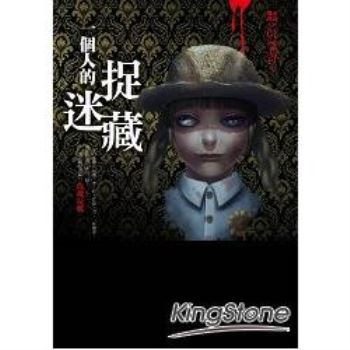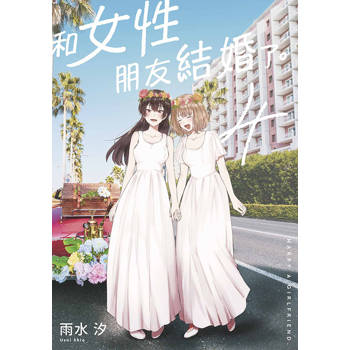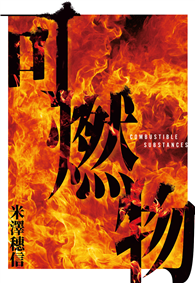Horror’s pleasures fundamentally hinge on looking backward, either on destabilising trauma, or as a period of comfort and happiness which is undermined by threat. However, this stretches beyond the scares on our screens to the consumption and criticism of the monsters of our past. The horror films of our youth can be locations of psychological and social trauma, or the happy place we go back to for comfort when our lives become unsettled.
Horror That Haunts Us: Nostalgia, Revisionism, and Trauma in Contemporary American Horror is a collection of essays that brings together multiple theoretical and critical approaches to consider the way popular horror films from the last fifty years communicate, embody, and rework our view of the past. Whether we look at our current relationship to the scary movies of decades ago as personal or cultural memory, the way historical and sociopolitical events and frameworks - especially traumas - reframe the way we look at our pasts, or even the way recent horror films and video games look back at our past (and the past of the genre itself) through a filter of experience and history, this collection will show the close relationship between nostalgia and popular horror. These essays also demonstrate a range of unique and diverse points of view from both established and emerging scholars on the subject of horror and the past.
Edited by seasoned horror experts Karrá Shimabukuro and Wickham Clayton, Horror That Haunts Us is a book with the aim of examining why we return again and again to certain popular horror films, either as remakes or reboots or as the basis for pastiche and homage.











